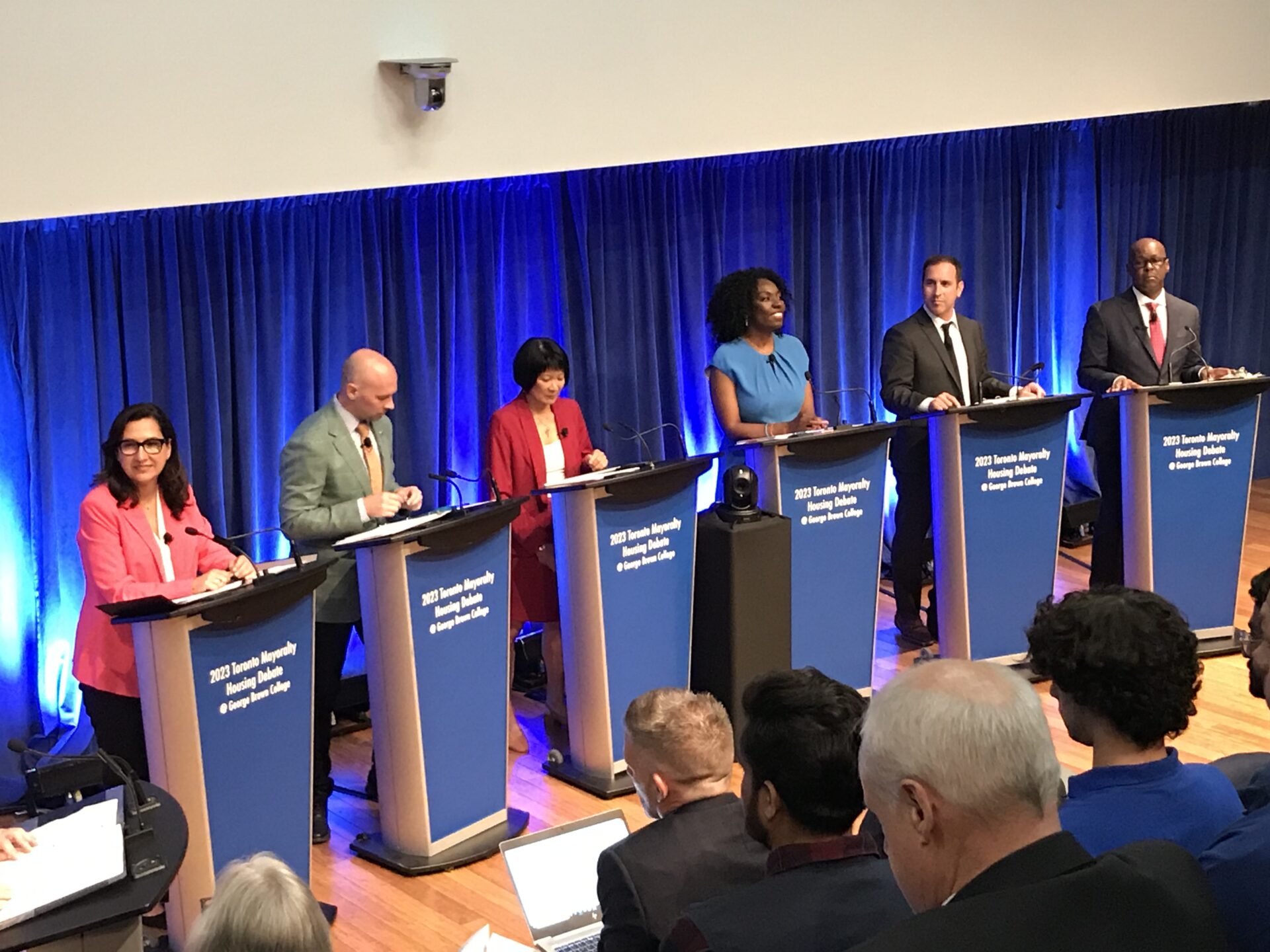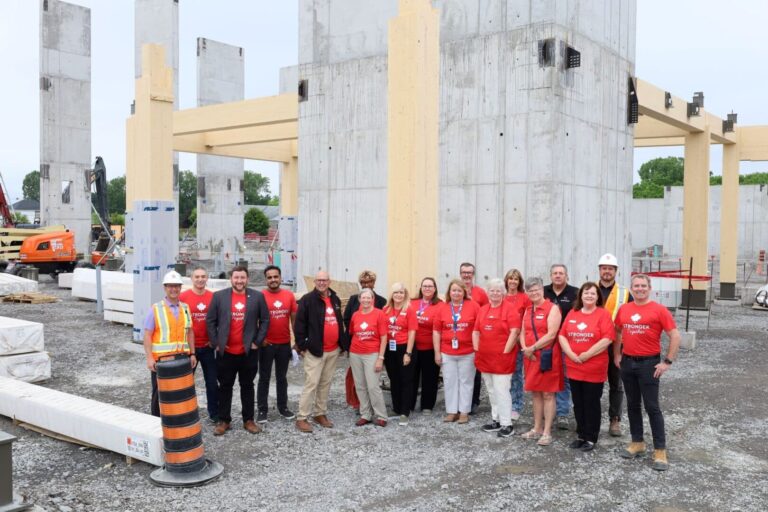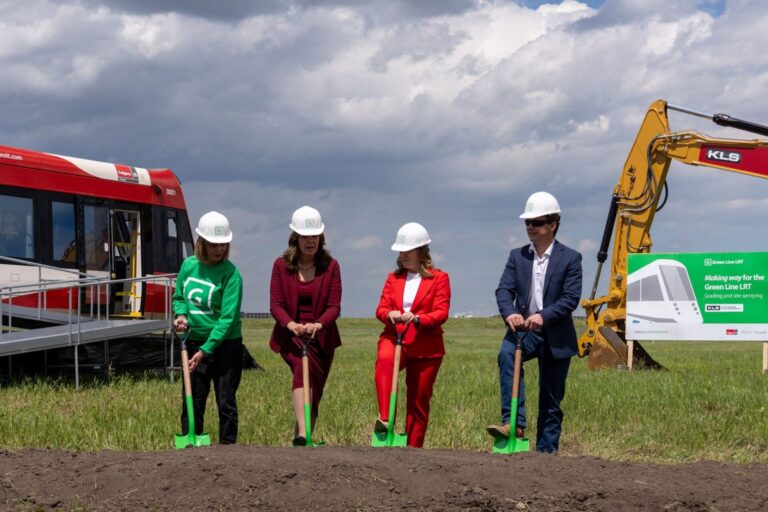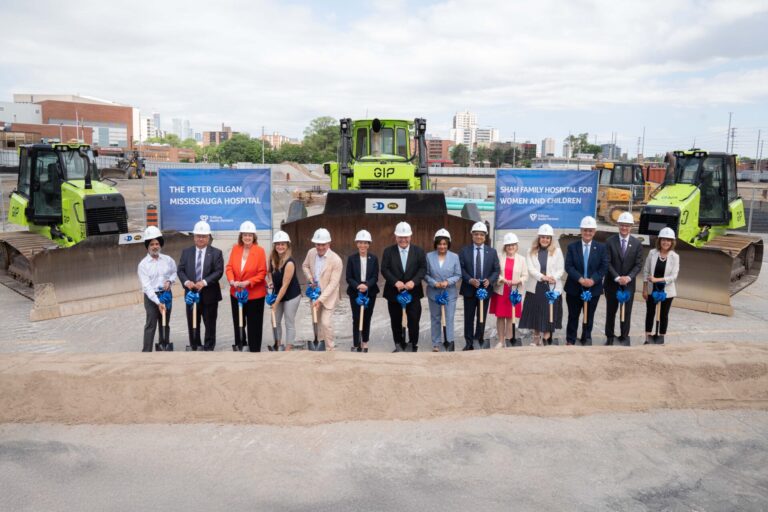Six of the leading Toronto mayoralty candidates attended a debate sponsored by the Residential Construction Council of Ontario (RESCON) and industry partners to address the critical housing supply shortage and affordability crisis facing the city.
Toronto’s mayoral by-election will be held on June 26.
The debate was held at George Brown College’s Waterfront Campus and was moderated by Joe Cressy, senior vice president of George Brown College and a former City councillor.
“The housing affordability and supply crisis is one of the most pressing issues facing the next mayor of the City of Toronto, so the debate promised to be one of the main events of the mayoralty campaign,” said RESCON president Richard Lyall. “With the city planning to meet or exceed the provincial target of building 285,000 homes over the next 10 years, housing is a critical issue.”
All candidates agreed the supply of affordable housing is woefully inadequate, but put forward differing solutions.
Olivia Chow and Mitzie Hunter each envision the city playing a role in building more affordable housing.
Hunter, a former Liberal MPP, said she would have the city build homes on land it owns to ensure units are affordable and priced below market.
“We cannot give everything over to developers to solve for us,” she said. “This is something we have to do ourselves.”
Former NDP MP Chow said her plans also include a role for the city to build affordable housing. She said her priority is to build units that have rents geared to tenants’ income, but she supports buildings that include multiple types of units and a range of housing options.
The other candidates, however, argued for a less hands-on approach, including City councillor Brad Bradford, who said “red tape” has to be reduced and argued that the city acting as a developer would only “build more bureaucracy.”
Former police chief Mark Saunders, appearing at his firs major debate, decried his opponents’ plans, labeling them as “adding another layer of government.”
Former deputy mayor Ana Bailão said working with non-profits and others in the housing sector is the way to go.
City councillor Josh Matlow argued that city rules should be adapted to make it easier for homes to be broken up into multiple units and eliminate fees for such changes.
Other industry partners sponsoring the event were George Brown College, the Building Industry and Land Development Association, Federation of Rental-housing Providers of Ontario, Greater Toronto Sewer and Watermain Contractors Association, Habitat for Humanity GTA, More Neighbours Toronto, Options for Homes, St. Clare’s Multifaith Housing Society, and Toronto Regional Real Estate Board.
Featured image: (John Tenpenny)











